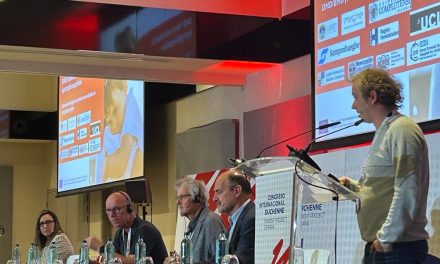Work Package 8: Dissemination, Knowledge Management and Exploitation
By Paraskevi Sakellariou and Sergiu Siminiuc (DDF)
One of the aims of WP8 is BIND data management, including the storage, the curation, the implementation of the FAIR workflows, and the publication of such data. This approach ensures that the valuable data generated within BIND is not only securely stored but also subject to meticulous curation practices. In the storage phase, technologies and robust infrastructure are employed to guarantee the integrity and accessibility of the data. The curation process involves the application of best practices to enhance the quality and reliability of the data. This includes data validation, cleaning, and the establishment of clear metadata, making the data more interpretable and valuable for downstream analyses. The implementation of FAIR workflows is a cornerstone of our data management strategy.
The DDF Repository, Duchenne Data Repository (DDR), is providing a secure online platform for the storage and the publication of the BIND datasets and metadata.
A metadata schema for different types of datasets across different Work Packages (WPs) has been developed, based on the openMINDS and Dublin Core metadata models, to allow FAIR description of the BIND datasets. Specific BIND datasets are already public through the Duchenne Data Repository. On the other hand, BIND metadata are available through DDF FAIR Data Point (FDP). This is a standard FAIR approach for machine-readable data, in order to be interoperable with other FDPs. Additionally, within WP7, FAIR schemas in RDF format were crafted for the purpose of FAIRifying the BIND datasets. These schemas play a crucial role in mapping the concepts within the datasets to well-defined structures in GraphDB. Through this meticulous process, we ensure that the data not only adheres to FAIR principles but also aligns seamlessly with the underlying architecture, facilitating efficient storage, retrieval, and utilization of information. FAIRified data will be persisted in the BIND database for further analysis related to WP7 objectives and tasks.
Lastly, the development of specific workflows for the integration of the DDR with external databases (e.g. EBRAINS) is completed and the implementation is planned for early 2024.









